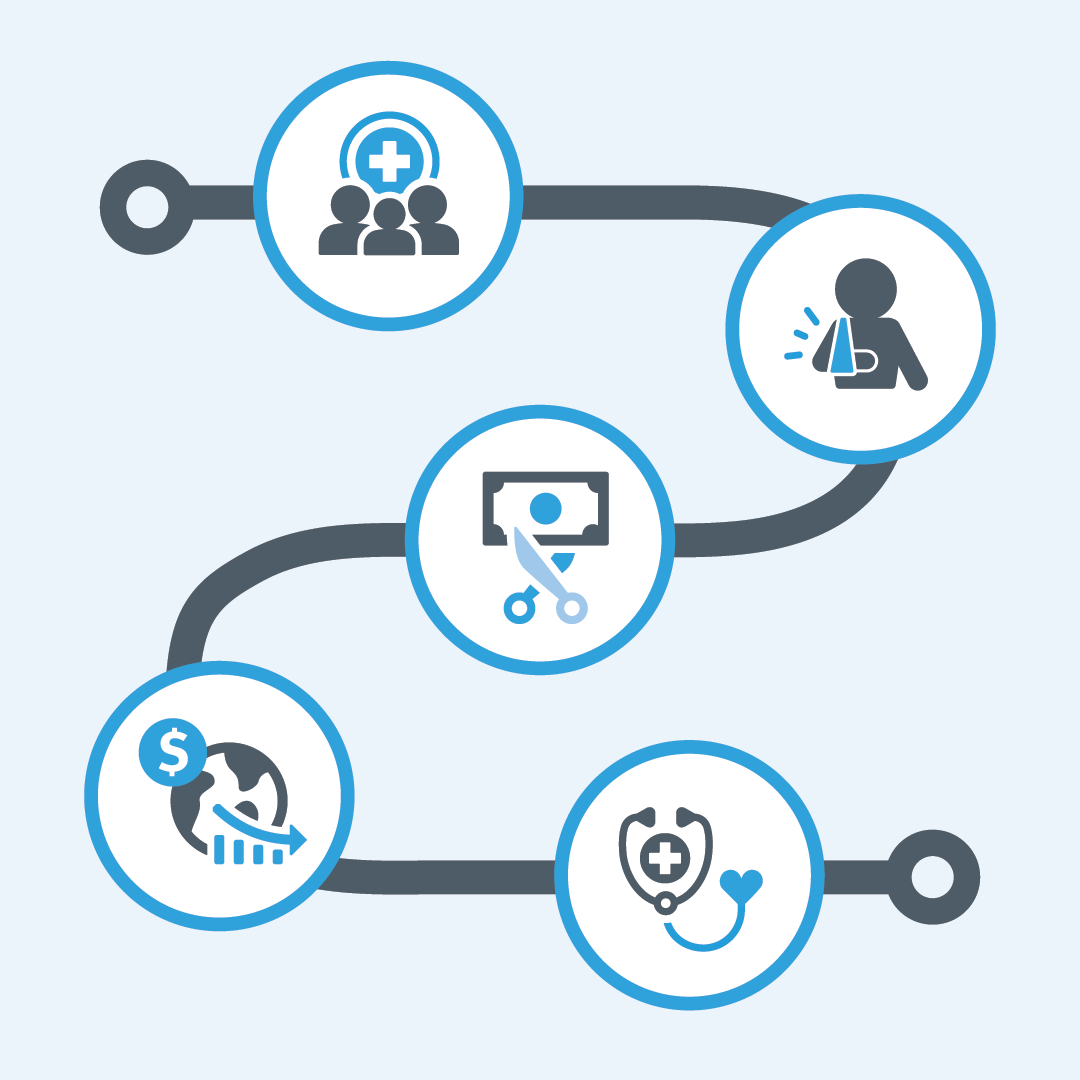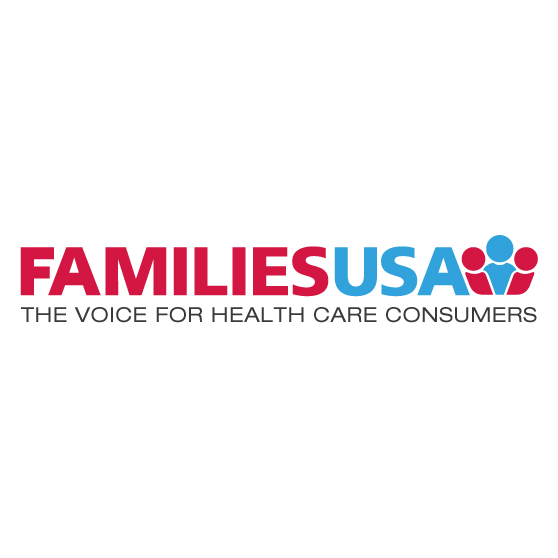Medicaid Expansion Helps Low-Wage Workers: Non-Expansion States
By Dee Mahan,
07.12.2016
Many of the hard-working people engaged in jobs we rely on every day—from child care aides to bus drivers to waitresses—lack access to affordable health insurance. We recently examined data showing that many of these low-wage uninsured workers could gain health coverage if their states accepted federal dollars to expand Medicaid.
To date, 31 states (including D.C.) have chosen this option and expanded health coverage to adults with incomes up to 138 percent of the federal poverty level. (In 2015, that’s about $27,720 for a family of three).
In our analysis of data from the 22 states* that have not made the choice, we found that more than half of the residents who could benefit from Medicaid expansion are working adults—and that they work in occupations that make up the foundation of the state’s economy.
Infographics (PDF): Alabama | Alaska | Florida | Georgia | Idaho | Kansas | Louisiana | Maine | Mississippi | Missouri | Montana | Nebraska | North Carolina | Oklahoma | South Carolina | South Dakota | Tennessee | Texas | Utah | Virginia | Wyoming
Briefs (PDF): Alabama | Alaska | Florida | Georgia | Idaho | Kansas | Louisiana | Maine | Mississippi | Missouri | Montana | Nebraska | North Carolina | Oklahoma | South Carolina | South Dakota | Tennessee | Texas | Utah | Virginia | Wyoming
Endnotes & Methodology (PDF): Alabama | Alaska | Florida | Georgia | Idaho | Kansas | Louisiana | Maine | Mississippi | Missouri | Montana | Nebraska | North Carolina | Oklahoma | South Carolina | South Dakota | Tennessee | Texas | Utah | Virginia | Wyoming
Note: Wisconsin has declined federal funds to expand Medicaid. However, the state used its existing Medicaid program to partly close its coverage gap by raising eligibility levels to 100 percent of poverty, thus allowing more people to become eligible for health insurance (although it dropped health coverage for parents who had incomes above the poverty level).




